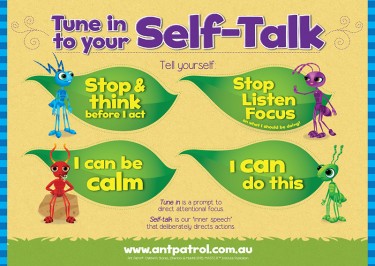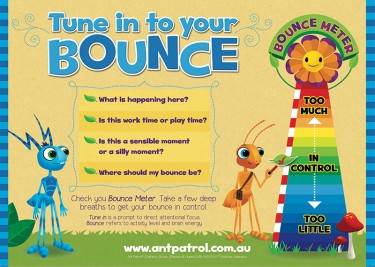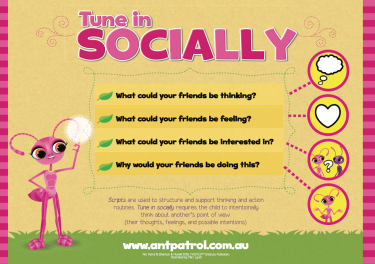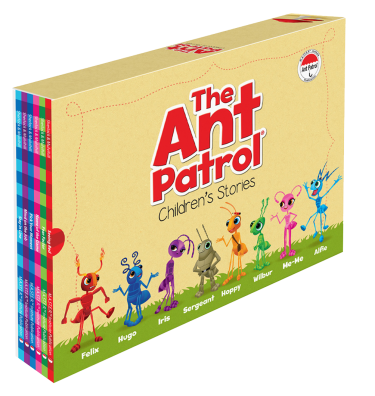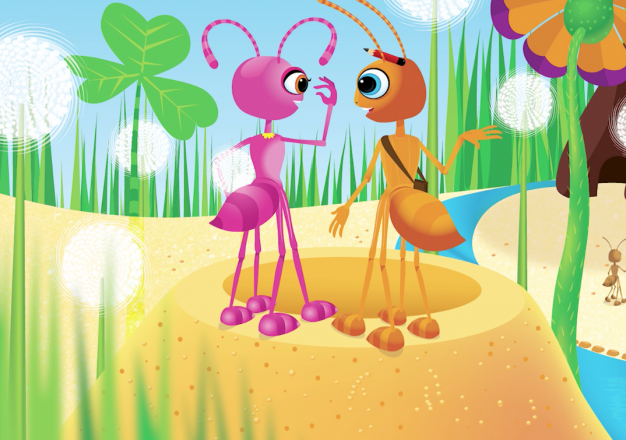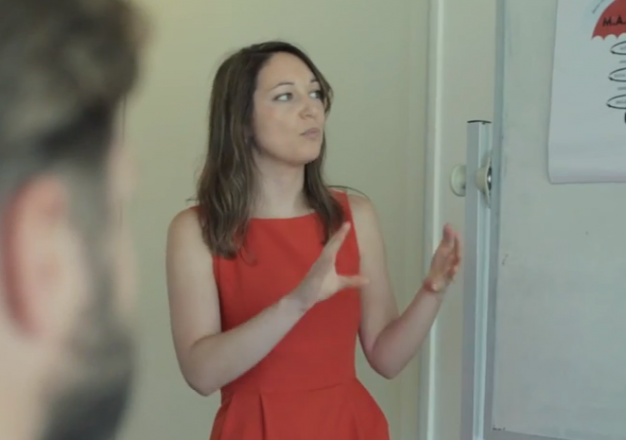Skills for Life and Learning

What exactly are the skills for life and learning and how do we teach these skills to children?
If you’re thinking the skills for life and learning sound somewhat broad, you are right! So let’s be more specific.
When we talk about skills for life and learning that is exactly what we mean – skills that can help children achieve academic and life success. The work of the MASTER Institute is varied but our core business is to help children learn and use the skills of impulse and attention control and friendship building (social awareness and social perspective taking), as well as learn helpful ways to manage strong emotions like anger and worry.
In a nutshell, we believe these are the skills that matter in childhood.
So how do we teach skills and strategies to children aged 5 to 11 years?
We’ve taken the science of social and emotional learning and translated it into everyday language that resonates with children – the language that kids get. Here are just a few examples of the skills presented in our stories!
The below skills plus many more are featured in the six book series, The Ant Patrol® Children’s Stories.
A Skill to Cope with Worry
Some children worry too much. They can blow things out of proportion and often expect the worst to happen. If children find it hard to control their worrying thoughts, one of the skills we teach is helpful self-talk. Children learn to replace unhelpful thoughts with self-talk that emphasises coping ability. Examples of self-talk to help manage the build of worry include:
I can do this
I can be calm
Used as ‘inner speech’, self-talk guides and directs coping behaviours. It is used to help reduce the discomfort of worry, boost self-confidence and the motivation to become boss of worry.
A Skill of Impulse Control
Some children have TOO MUCH energy and some have too little. There are those who burn fuel at bedtime and those who run on empty throughout the school day!
If a child’s energy is mismatched with the situation, one of the skills we teach is tune in to your bounce. With this skill, children use self-talk as self-instruction:
What is happening here?
Is this work time or play time?
Is this a sensible moment or a silly moment?
Where should my ‘bounce’ be?
Take a few deep breaths to get my ‘bounce’ in control!
In teaching this skill, we help children become aware of their physical activity and brain energy so that they can intentionally adjust their behaviour as appropriate to the situation. Children are introduced to the child-friendly term ‘bounce’ that describes physical activity and brain energy and to the Bounce Meter – a visual tool to help children learn and apply this skill in the day to day.
This skill teaches children the importance of controlling or adjusting ‘bounce’ to help them engage productively in classroom learning and social situations.
A Skill of Social Perspective-Taking
It’s not always easy to consider another’s point of view, especially if you want things to go your way! Some children find it hard to take the perspective of others, and get ‘stuck’ on doing things their way. This may result in social frustration for the child and others, impacting on the ability to develop meaningful friendships. In helping children build the foundations for friendship, we teach the skill of tune in socially. Once again, self-talk is used as self-instruction but in tune in socially self-instruction is used to encourage children to think intentionally about another person’s point of view.
Ask yourself:
What is my friend thinking?
What is my friend feeling?
What is my friend interested in?
Why are they doing this?
Tune in socially is an essential social skill. It is important for children to develop social perspective taking, as the understanding that others think, feel and act differently from oneself lies at the heart of interpersonal understanding.
The Ant Patrol®
Self-talk, tune in to your bounce, and tune in socially are just a few examples of how the skills for life and learning are introduced to children throughout The Ant Patrol® Children’s Stories.
We are passionate about what we do. MASTER is committed to helping children learn to manage their learning behaviours, strong feelings and social behaviour. We do this by providing parents and teachers with accessible ‘how to’ knowledge in supporting children’s social and emotional learning. Our work is strongly guided by a desire to engage children through creative learning and the wider value of working collaboratively with families, schools and other professionals. A shared language of support that resonates with children is key to this endeavor!
About the MASTER Institute
MASTER provides services, resources and guidance for parents, teachers and allied health professionals in supporting the social and emotional wellbeing of young children. Dr Deberea Sherlock and Aisling Mulvihill founded the MASTER Institute in 2012. From the combined professions of educational and developmental psychology and speech-language pathology, they bring to MASTER over 20 years of collective specialised experience in the area of children’s social and emotional development, and a deep understanding of children and the challenges they face. Their work is strongly guided by a desire to engage children through creative learning and the wider value of working collaboratively with families and schools.



